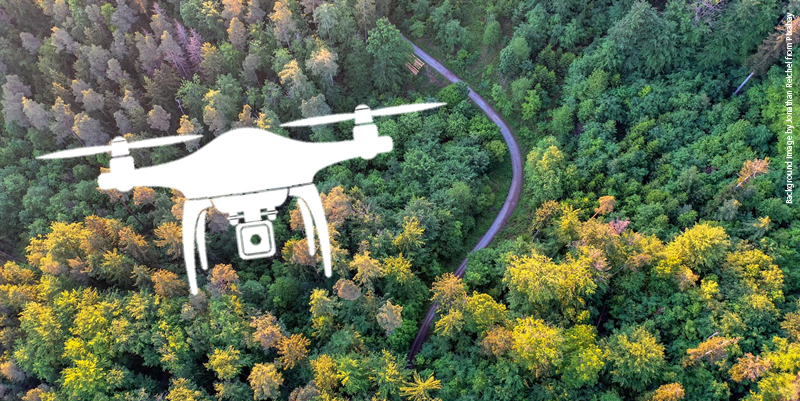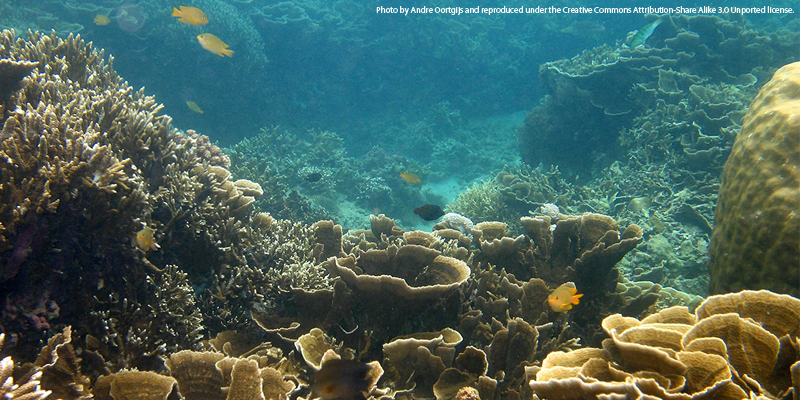The Deutsche Forschungsgemeinschaft (DFG, German Research Foundation) has established two new units to spearhead research into the accuracy of global space-time reference systems and âMapping on Demandâ
The new units are part of a wider 23 million euros programme initiated by the Joint Committee of Germanyâs central research funding organisation at its October meeting in Bonn. The establishment of the Units will enable researchers to explore topical research questions using innovative methods and approaches. As with all DFG-funded Research Units, the new units will implement inter-disciplinary research programmes and operate across several sites. Space-time reference systems reearch unitHigh precision space-time reference systems play a crucial role in many scientific applications. An example is in studying global environmental changes: Data on changes in sea levels have only been approximate to date. Precise reference systems are also necessary to estimate the mass of other planets and to navigate satellites in space. The work of the Research Unit âSpace-Time Reference Systems for Monitoring Global Change and for Precise Navigation in Spaceâ is therefore particularly relevant to the wider scientific community. Uniting researchers from the fields of geodetics, astronomy and space studies, the Unit will seek to develop an interdisciplinary approach to processing data from compatible reference systems and to attain a previously unseen degree of accuracy. (Spokesperson: Dr.-Ing. Axel Nothnagel, University of Bonn)\"Mapping on Demand\" research unitThe Research Unit âMapping on Demandâ plans to develop and trial processes that will facilitate rapid three dimensional identification and mapping of inaccessible objects. A lightweight drone capable of autonomous flight will serve as the main instrument and sensory platform in the Unitâs studies. The drone will use visual information captured by cameras to navigate, avoid obstacles, explore, and map objects. Researchers from the fields of geodetics, photogrammetry, geo-informatics, and computer science will develop the necessary models and processes as well as trialling prototypes in outlying suburban areas, where they will map building structures, vegetation, and stationary traffic. (Spokesperson: Prof. Wolfgang Förstner, University of Bonn)
For more information visit:
Subscribe to our newsletter
Stay updated on the latest technology, innovation product arrivals and exciting offers to your inbox.
Newsletter

